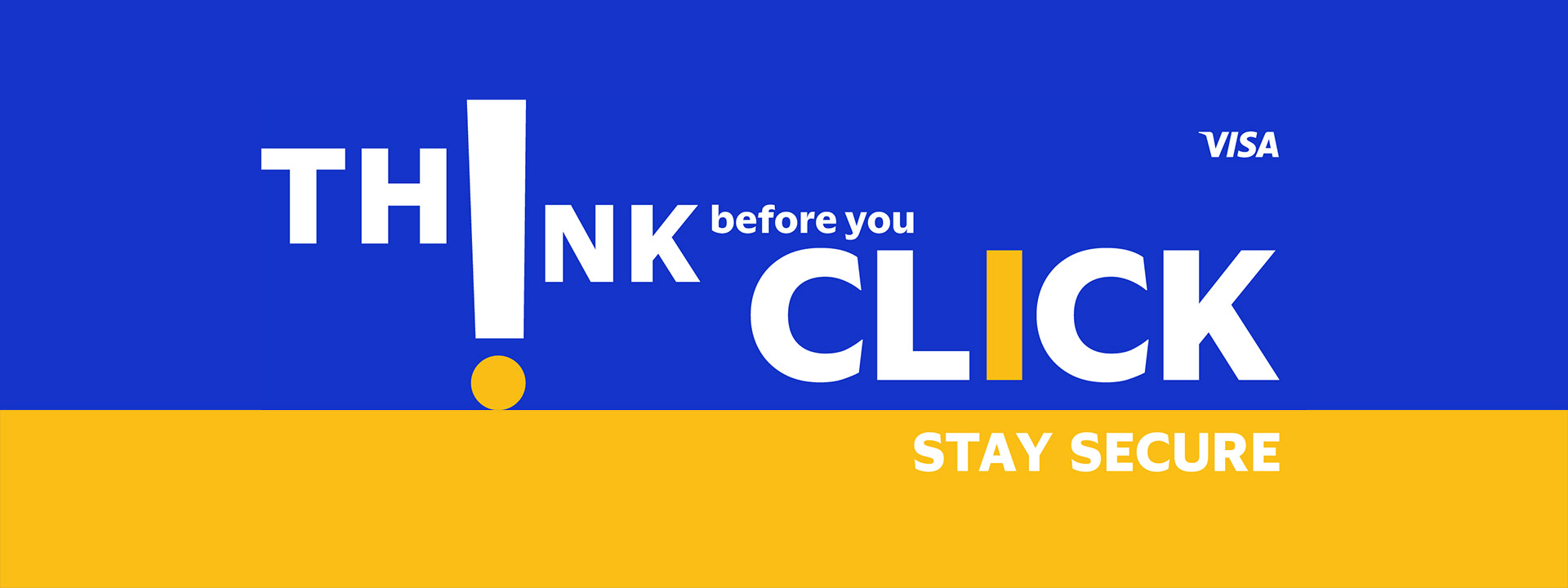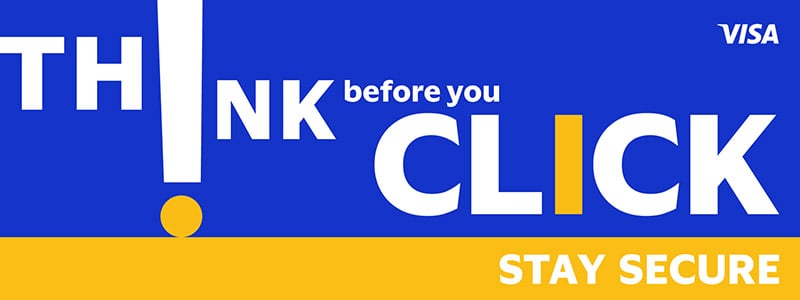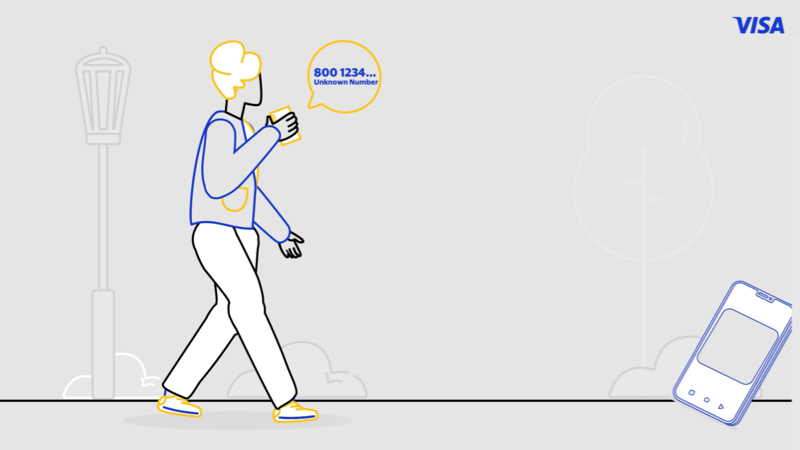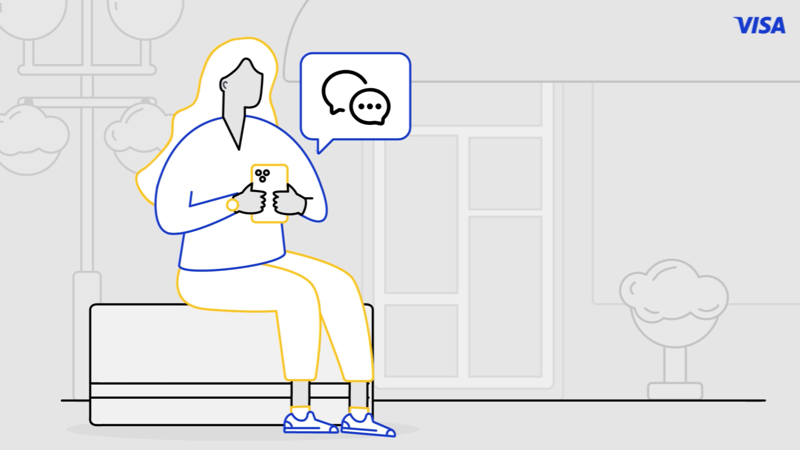

Why STAY SECURE?
In today’s digital-first world, scams are evolving in sophistication as criminals use new ways to trick unsuspecting consumers. At Visa, we stay one step ahead of bad actors by taking a 360-degree approach to ensure consumers can access convenient, reliable, and secure payments, anytime, anywhere.
Education is key in the fight against fraud, and we continue to work with partners to help consumers spot fraudulent activity and protect sensitive information.
How to Spot a Scam
Understanding the language of scams is essential in our increasingly digital world. By highlighting the key communication strategies, words and phrases used by fraudsters, we aim to demystify the language of fraud and help consumers avoid falling victim to scams.

How Cybercriminals Fake Urgency?

Free Gift or a Scam?

Financial Opportunity or a Scam?

Urgent Action Required or a Scam?
Click on the links below to get more tips on how to Spot A Scam!
Visa Fraud Insights
Conducted by YouGov, Visa found that 93 per cent of Kiwis say they’re at least ‘somewhat’ knowledgeable when it comes to recognising online fraud and scams, with 51 per cent of those claiming to be ‘very’ or ‘extremely’ knowledgeable. Despite this, more than one in three (34 per cent) have been the victim of such a scam.

- People worry about the vulnerability of others: New Zealanders surveyed express concern for the older generation, with over 70 per cent of the view that older people are more likely to fall for common online scams, such as verifying account information, notifications of overdrawn bank accounts, or winning a giveaway.
- Too good to be true: 27 per cent of New Zealanders claim to be likely to act on a call to action that offers a free gift or a free gift card.
- Action required: 24 per cent of Kiwis said that they would react to digital communications posing as urgent.
